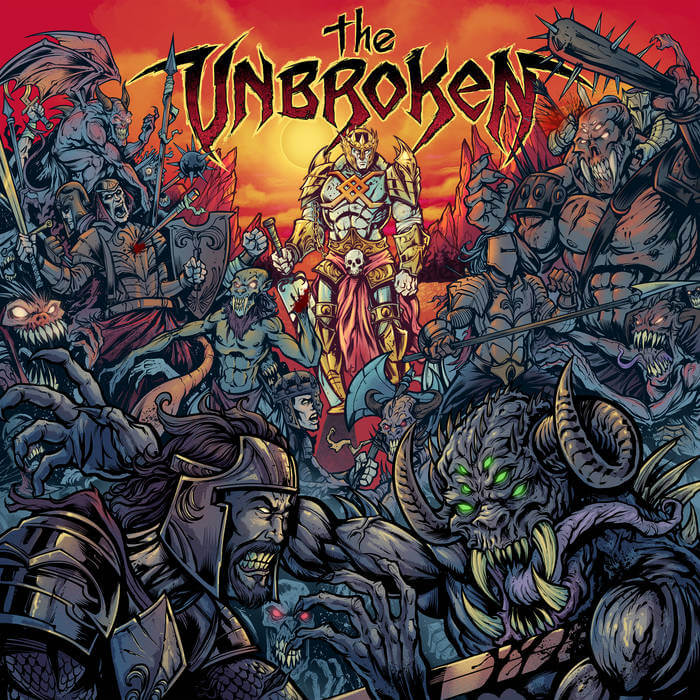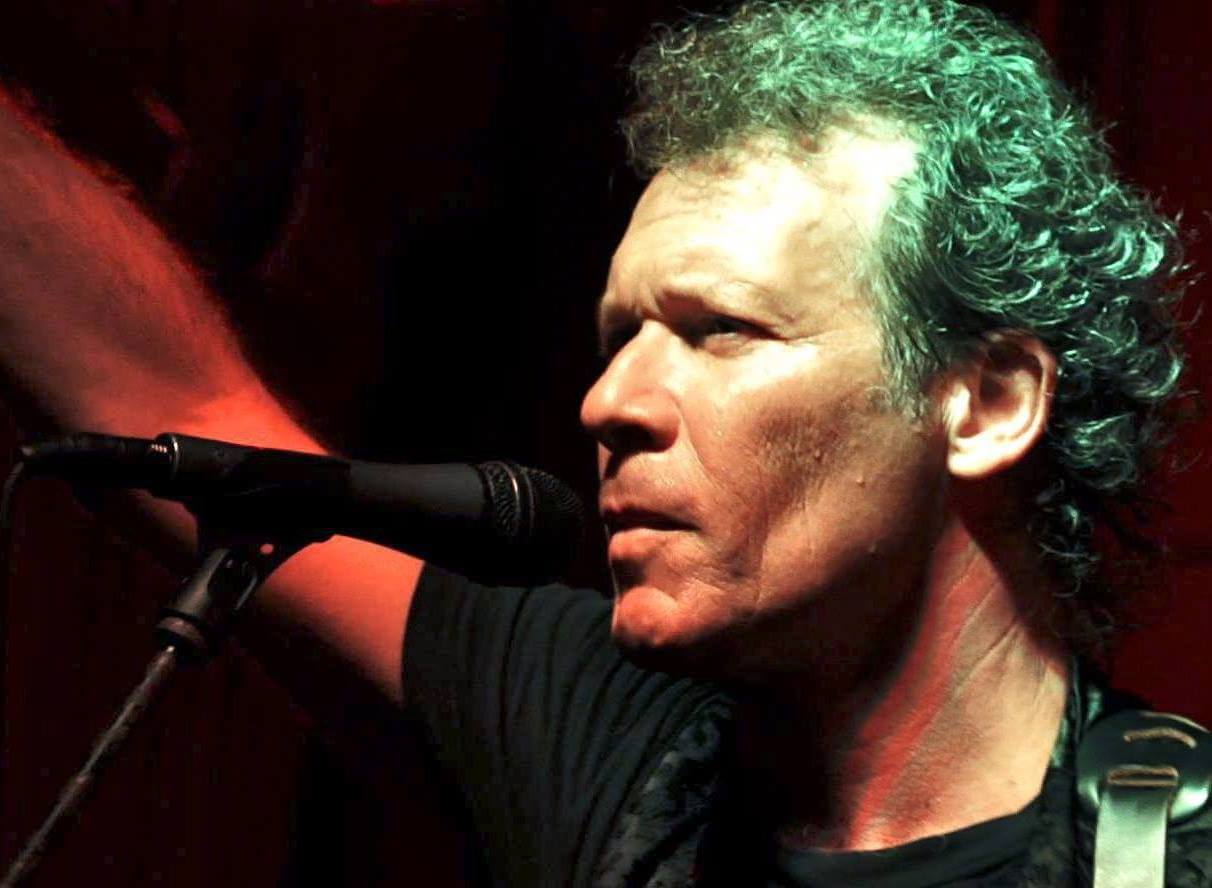“A Book on Fear” by Lawrence Doochin
We should embrace every emotion we capable of feeling. None of them confirm our lack of value; their presence highlights our humanity instead. However, we must learn how to control our reactions to those emotions if we want to live a happy and healthy life. Lawrence Doochin learned the value of reining in unwieldy emotions when trying to grow past sexual abuse he endured during childhood. That experience, among others, left Doochin well versed in fear and all its ramifications. Doochin never purports in his book A Book on Fear: Feeling Safe in a Challenging World that any human being can dismiss fear from their lives and no one else can. An utter lack of fear, to me, may denote mental illness. What Doochin wants to do is explore how fear manifests itself in our lives and what we can do, on multi-levels, to combat its influence. Doochin does not allow for its defeat, but his approach promises we lasso its dark shadow and dilute its power.
He makes one convincing point after another during the book’s twenty three chapters and much of it hinges on common sense. A lot depends, as well, on fostering new mental habits so one can push back against our conditioned responses and make near-immediate headway when we show the discipline and willingness to do so. He doesn’t promise your world will change overnight if you follow his ideas, but lasting change is incremental and I finished the book certain it offers a path towards transformation.
AMAZON: https://www.amazon.com/Book-Fear-Feeling-Challenging-World/dp/0981699014
It immeasurably helps his cause he possesses such an easy facility with words. The prose style of A Book on Fear has the tone of an informal lecture and, despite its clear learned background, never comes off as too erudite. He obviously wants to connect with the widest possible audience and keeping any idiosyncratic tendencies under control is key to doing so. There is no clear design to way Doochin lays out the chapters, but they nonetheless flow well in his chosen order and the afterword concluding the book places an emphatic period on the end of his work.
There are no illustrations, graphs, charts, or other such staples of the genre. The sole concessions to added features you will find in this book are quotes opening each chapter, abbreviated summaries at their conclusion, and written work a reader can choose to do or ignore without affecting the book’s usefulness. His reliance on the writing to win readers over is a signal of the confidence he holds in his ideas and it is an excellent decision. A Book on Fear: Feeling Safe in a Challenging World is a weighty yet accessible work that accomplishes in less than two hundred fifty pages what takes a lesser author four hundred. His talents are obvious and he has something important to say; whether we heed his words or not is up to us alone. Lawrence Doochin comes by his insights honestly and there’s nothing manufactured about this book. It has real staying power and endless relevance.
Nicole Killian








